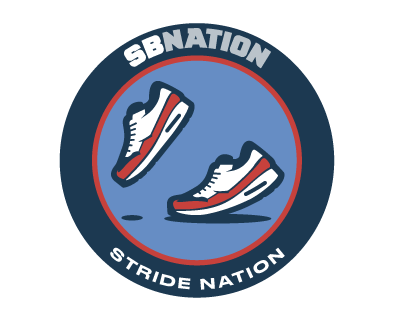Running, for those of us not blessed with a surfeit of talent, is a personal challenge that has a side benefit of keeping us healthy. In fact, for a lot of amateur runners, the latter is much more important than the former. But how, exactly, does running make us healthier?
It seems so common-sense as to be obvious but, very often, that's exactly the reason we should give the question a bit more scrutiny. Turns out there's been a bit of progress on this front recently.
A paper published this month in the scientific journal Nature suggests that exercise helps belay illness through the process of autophagy. This is the cellular mechanism by which the body processes unneeded components (such as proteins) for re-use as energy sources (such as amino acids). As an area of scientific inquiry, autophagy has been around since the 60s, but interest in it has blossomed in recent years due to its promise as an anti-aging strategy.
In the recent study, the research team at the University of Texas Southwestern Medical Center looked at the possibility that exercise promotes autophagy at the cellular level. Turns out, it does. The inquiry was primarily interested in the possibility of encouraging autophagy as a means of combating diabetes but the findings certainly have a ring of recognition for runners.
Any endurance runner knows that the key to performance is using the body's resources to their maximum potential. This often involves training the body to balance the reliance on available glycogen with the metabolization of fat for energy.
This process works better with the development of more and larger mitochondria -- the "power generators" of the cells where glucose and oxygen react to create energy. Autophagy research suggests that exercise encourages the disposal of worn-out mitochondria and, in turn, encourages the production of newer and more efficient ones.
What does this mean for runners? Not a lot at the moment other than to support a number of our long-held suspicions about why our little hobby is good for us. Further down the road, as researchers understand more about how the process of autophagy works, it should suggest methods of to maximize the benefits of training and maybe improving performance.
